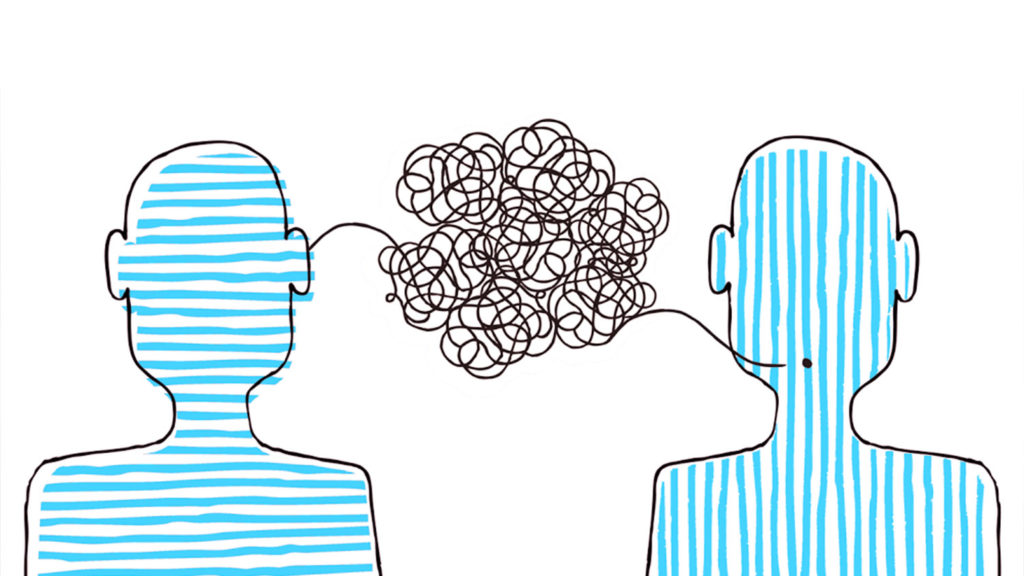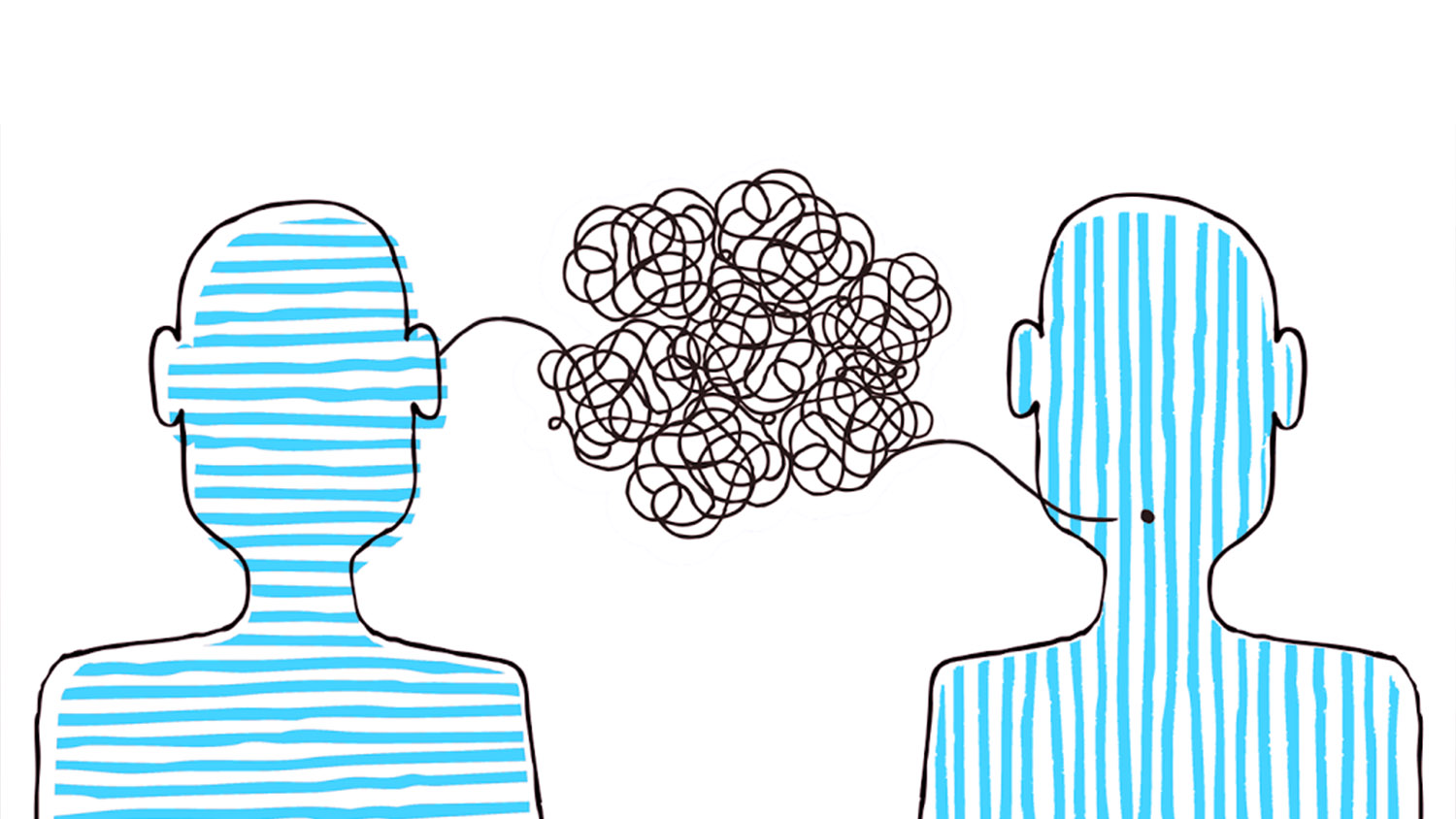6 Reasons Why Communication Skills Matter
In a recent research study that surveyed 5800 executives in 50 countries, it was found that the biggest breaks in the business were not technical skills, but behavioral skills.
While excellent clinicians will always be in high demand, the definition of excellent is expanding far beyond having top-notch, specialty-based capabilities. Most young healthcare providers have the technical knowledge and quickly develop the clinical skills they need for their role; however, many even more experienced professionals continue to need training when it comes to complex problem solving, teamwork, conflict management, business understanding, communication and leadership, known as behavioral or soft skills. These skills are harder to acquire and are learned through life and work experience versus a textbook.

All medical providers deal with many challenges every day. The real-life situations involve trying to adapt to constant change, prioritizing our time, learning to listen & collaborate in a team and understanding how to communicate our ideas, findings, and recommendations in a compelling way. However, most of us were never truly taught how to properly go about handling these situations. Even in other professions, roles that require high social skills like sales, leadership, project management, and marketing have seen an increased focus on the importance of heightened behavioral skills. In 2020, healthcare providers managed changes from the in-person, traditional care model to more non-traditional professional and patient care environments, like telemedicine and remote practice. During this time, they discovered or were reminded just how important the ability to empathize, actively listen, communicate and collaborate is to the success of the patient. A basic lesson: it is never too late to work on your communication skills.
Numerous research studies have shown that no matter how knowledgeable a provider might be, if they are not able to open communication channels with other medical colleagues, their teams and patients, they may be of no help to anyone. A patient’s perception of the quality of the care they receive is highly dependent on the quality of the interaction with their healthcare provider. Yet, communication training for physicians and other providers historically has received far less attention in training and mentorship programs.

Here are six reasons why communication skills really matter for providers.
- The history-taking aspect of a patient interview is critical to diagnostic decisions. When multiple providers are involved in the same patient visit, the opportunity for incomplete data and interruptions is higher, which can compromise the information.
- A patient’s adherence to recommendations is directly impacted by effective patient-provider communication. There are examples of this in every medical specialty; motivational interviewing was grown out of this basic concern.
- Patient satisfaction is impacted by realistic expectations, having the opportunity to express their ideas & concerns, the length of their appointment, the provider team in which they have interacted with and their perception of continuity of care among many others. Communication lives at the core of each of these elements.
- Patient Safety requires that all the members of a health care team communicate effectively, or medical errors increase, and patient care often suffers.
- The leading cause of most malpractice claims is a breakdown in communication. CRICO Strategies reviewed 23,000 medical malpractice lawsuits filed between 2009 and 2013. Communication failures were a contributing factor in over 30% of those cases.
- Overall healthcare team satisfaction is impacted when providers do not feel supported, valued, and listened to in the work environment. The quality of communication breaks down further when working relationships are not maintained. There is a direct relationship between the provider’s satisfaction and their ability to build rapport with their patients.
There are strong relationships between a provider’s communication skills and a patient’s capacity to follow through with medical recommendations. The clinician’s ability to listen and empathize can have a significant impact on patient outcomes and satisfaction. Further, communication among providers & their teams influence working relationships, job satisfaction and can easily impact patient safety. Keep in mind, just like technical training and book knowledge, softer skills, like communication, can be improved upon through practice.








